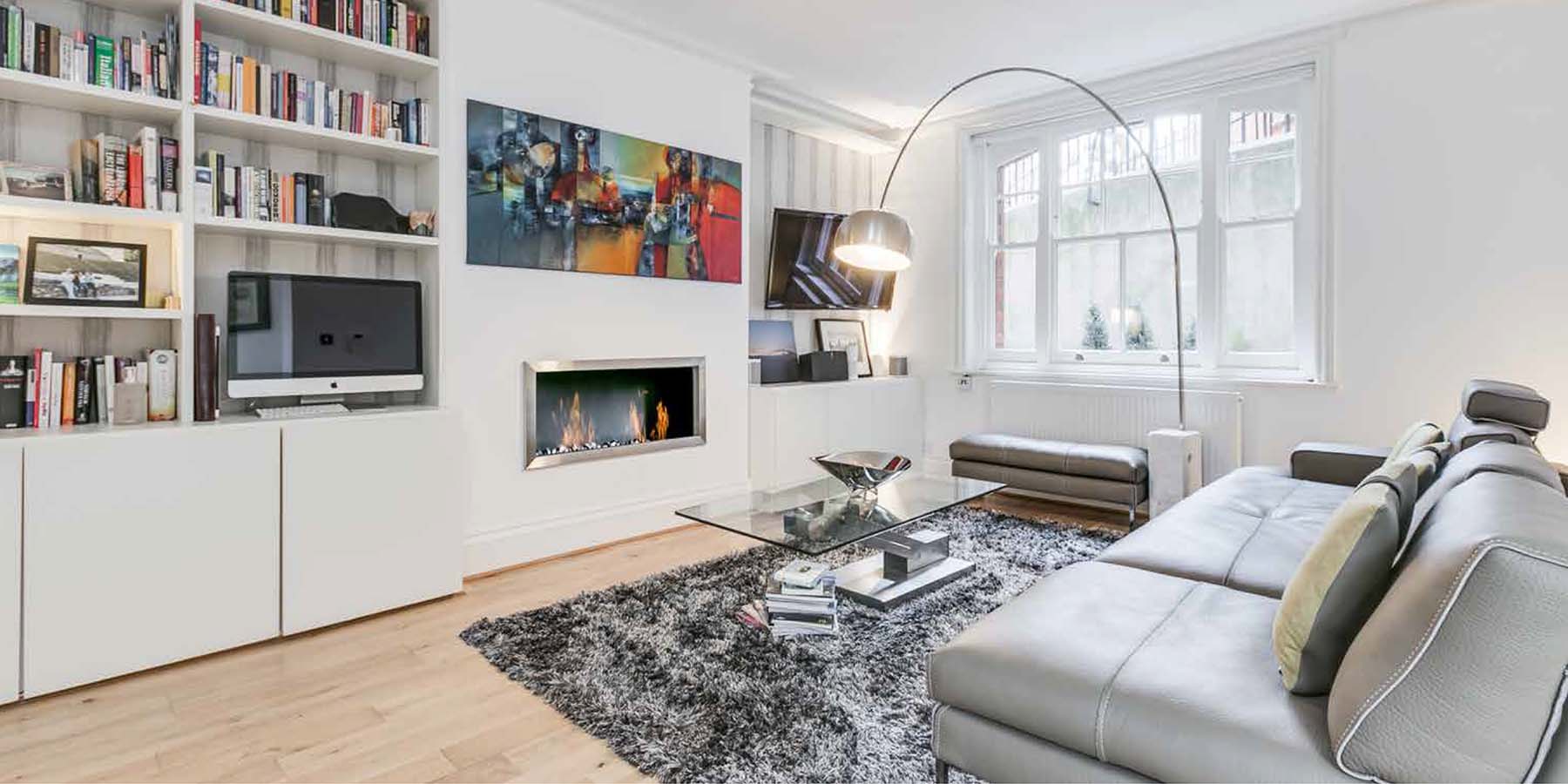Landlords
Red Tape
There is a fair amount of red tape in the letting industry.
Most of the legislation protects the tenants and is ultimately a good idea.
We will do it all for you if you become a customer.
The key issues are:
Gas Safety – Compulsory
As a landlord you are legally responsible for the safety of your tenants in relation to gas safety.
By law you must:
- Maintain and repair any gas appliances, fittings, pipe work and flues provided at the property in safe condition.
- Ensure an annual gas safety check is carried out by a registered Gas Safe engineer qualified to carry out work on gas appliances at the property.
- Your tenant must be given a valid copy of the gas safety record before they move into the property and annually thereafter, retaining copies for at least 2 years.
Flues In Voids – Compulsory Where Relevant
From January 2013 Gas Safety inspections must include visual inspections of gas flues every 1.5 metres or at bends in the flue. To comply, hatches will have to be fitted to enable the engineer to inspect the flues.
A gas flue is the flue/pipe which takes the waste from a gas boiler to the outside. If the flue has a break in it or your boiler is not operating correctly, carbon monoxide could enter the property.
If the engineer cannot access the flue it will fail the gas safety inspection and you will be responsible for any eventual risk which could result in a serious incident. The penalties for injury or death are a fine and/or imprisonment.
Flues can be concealed. In blocks of flats the flues can pass through flats above before eventually venting to the outside.
You do not have a flue in a void if the boiler is fitted to an external wall and directly vented out to the outside. You would be clearly able to see a grille with a vent immediately on the outside of the building. If you are not sure if you have a flue in a void we strongly recommend that a qualified Gas Safe engineer inspects your property.
Energy Performance Certificate (EPC) – Compulsory
Since 2008 all landlords must have a valid EPC for their property available for any applicant or tenant viewing a property.
The certificate is valid for 10 years. It scores a property on energy efficiency from ‘A’ (most efficient) to ‘G’ (least efficient). It outlines ideas to improve performance. An EPC can only be carried out by a certified Domestic Energy Assessor. It will also show a building’s environmental impact by indicating its carbon dioxide emissions.
EPCs provide recommendations for reducing the amount of energy your tenants will use and lists:
- Suggested improved improvements, like fitting loft insulation.
- Possible cost savings per year, if the improvements are made.
- How the recommendations would change the energy efficiency rating of the property.
You don’t have to act on the recommendations in the report, however if you decide to do so, it could make your property more attractive to tenants by being more energy efficient.
The Energy Act 2011 includes provisions to ensure that from April 2018 it will be unlawful to rent out a residential property that does not reach a minimum energy efficiency standard. Currently this is an ‘E’ rating so ‘F’ and ‘G’ rated properties will be illegal by 2018. Click HERE to view the latest guidance documents.
Electrical Safety – Highly Recommended
Landlords have a legally enforceable duty of care to ensure that the wiring and all appliances provided are safe under the Electrical Equipment (Safety) Regulations 1994. While it is not compulsory, we strongly advise having an Electrical Safety Test called a Periodic Inspection Report carried out by a registered electrician. It is valid for 5 - 10 years. We also advise having a Portable Appliance Test which is valid for 1-2 years. Note this is compulsory for Houses in Multiple Occupation.
Why do we strongly recommend Electrical Safety tests?
The Housing Act 2004 introduced a major change to the way privately rented homes are assessed called the Housing, Health and Safety Rating System (HHSRS).
Many landlord insurance policies will only pay out on electrical appliance claims and related accidents if an Electrical Safety test has been done.
Where a property is newly built or renovated with electrical re-wiring an Electrical Installation Certificate will be obtainable from the contractor/builder.
A Periodic Inspection is an inspection on the condition of an existing electrical installation, to identify (in order of priority) any deficiencies against the National Standard, for the safety of electrical installations. The Inspection should:
- Reveal if any of your electrical circuits in equipment are overloaded;
- Find any potential electrical shock risks and fire hazards in your electrical installation;
- Identify any defective electrical work;
- Highlight any lack of earthing or bonding and work that does not meet the National Standard.
The electrician will score recommendations with a Code 1 - 4 with 1 & 2 being serious and urgently requiring remedial work.
Code 1 - Where a real and immediate danger is observed that puts the safety of those using the installation at risk.
Code 2 - Indicates electrical work is required to remove potential danger.
Smoke Alarms and Carbon Monoxide Detectors – Compulsory Where Relevant
During any period beginning on or after 1st October 2015 while the premises are occupied under a tenancy, (or licence) the landlord must ensure that a smoke alarm is equipped on each storey of the premises on which there is a room used wholly or partly as living accommodation. A living room will include a lounge, dining room and kitchen as well as a bathroom or toilet. It also includes a hall or landing. This means that a smoke alarm must be provided in working order on each storey. As regards individual flats located on one floor then there will have to be at least one alarm within the flat itself or alternatively provided outside the flat on the same floor of the building, i.e. a communal alarm.
From the 1st October 2015 regulations require smoke alarms to be installed in rented residential accommodation and carbon monoxide alarms in rooms with a solid fuel appliance. Changes are also made to the licence requirements in relation to houses in multiple occupation (HMOs), such as shared houses and bedsits which require a licence and also in relation to properties which are subject to selective licensing. The Regulations apply both to houses and flats. Failure to comply can lead to a penalty being imposed of up to £5,000.









